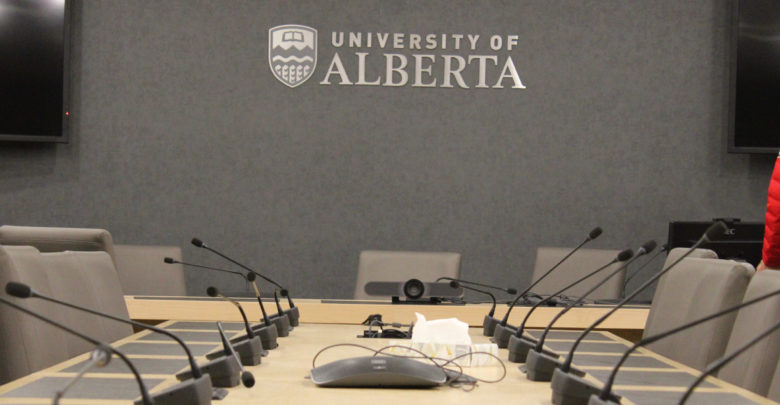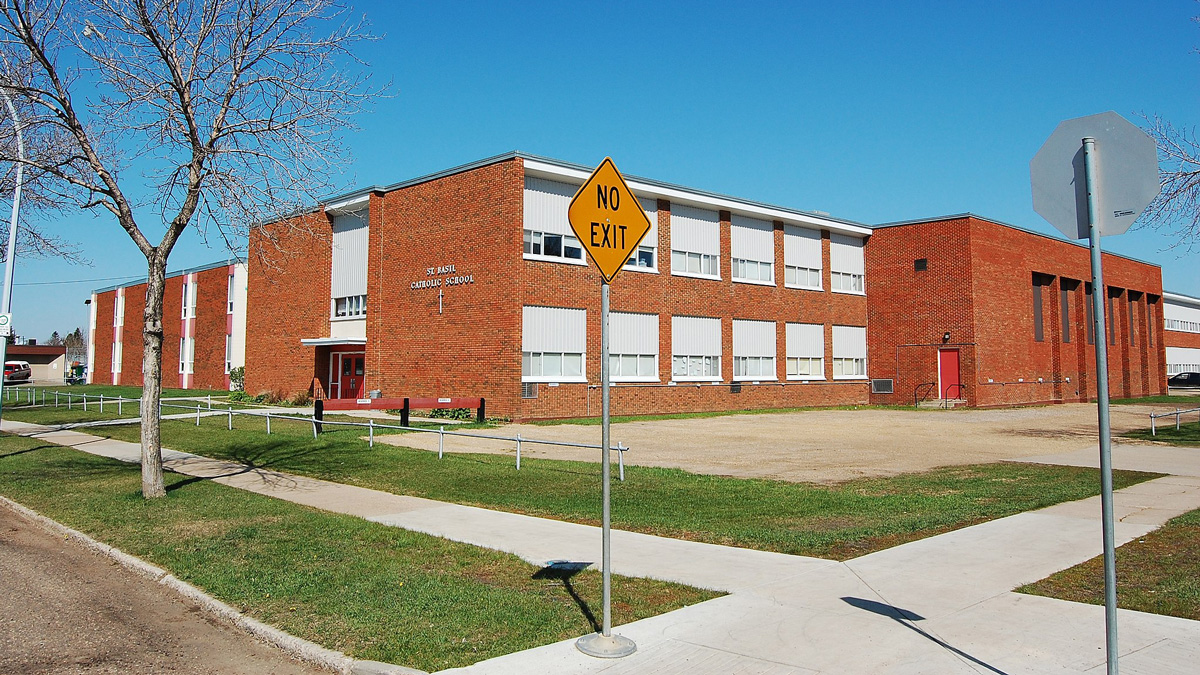 Amanda Sparks
Amanda SparksDisclosure: Benjamin J. Kucher was previously the GSA’s vice-president (student life).
The Graduate Students’ Association (GSA) budget has now failed — twice. That fact alone should give students pause. But it’s not just the failure of the budget itself that matters — it’s what the process behind it reveals: a leadership unwilling to listen, a broken approach to governance, and a growing crisis of trust that now places the very future of the GSA in question.
After the initial rejection of the 2025–26 budget, students had every right to expect change. A revised draft, actual consultation, and the restoration of key supports would have shown that the executive was willing to respond to feedback. Instead, what the GSA Council received was a second draft virtually identical to the first. The cuts to academic workshop subsidies and student supports remained. The complete elimination of the Indigenous Strategic Initiatives fund — a program protected by GSA policy — was unchanged. And in place of restored student services, the budget introduced a vague, $27,000 GSA-branded “conference,” the purpose of which remains unclear.
Meanwhile, executive stipends, travel, and training allowances remained protected or expanded. The only proposed stipend cut? A 16.75 per cent reduction to the associate vice-president (labour) (AVPL) — the elected representative of more than 3,600 academically employed graduate students. The AVPL is a critical voice in labour advocacy. Undermining that position, while expanding executive perks, sends a deeply troubling message about the values guiding this budget.
Throughout the debate, students raised real concerns — not just about the content of the budget, but about the process behind it. Could the executive still implement harmful cuts after the budget passed? Could council trust that promises of future consultation would be honoured? Without mechanisms to prevent post-approval changes, many rightly feared the budget would serve as a blank cheque.
Concerns about Indigenous representation in the process were also front and centre. The removal of the Indigenous Strategic Initiatives fund occurred without consultation with the Indigenous Graduate Students’ Association (IGSA) or other First Nations, Métis, and Inuit students. When asked directly about Indigenous representation in budget planning, the responses were evasive at best. Reframing the cut as an “administrative restructure” without Indigenous leadership involved doesn’t make it more palatable — it makes it more dangerous. This wasn’t a restructure. It was erasure, wrapped in bureaucratic language.
Councillors raised further questions about the role and intentions of the Budget and Finance Committee itself. Was the budget developed to reflect student priorities — or to protect executive interests at the expense of student supports? For many on council, the answer felt increasingly clear. And the growing distrust in the executives’ transparency, accountability, and governance approach became impossible to ignore.
Let’s be clear: there was no student-wide survey. No public draft. No meaningful opportunity for graduate students to shape the budget that governs their fees and services. What we saw was not a student-centred budget, but an executive-centred one — built in isolation and brought to council as a finished product, with little room for dissent.
Council was right to reject it again. But rejection is not enough.
The GSA is now at a crossroads. If this insular, defensive, and top-down style of governance continues, the association risks not just policy failures, but a complete breakdown in student trust and engagement. What good is a student government that doesn’t listen to its students?
We need a new approach. One rooted in transparency, consultation, and accountability. We need participatory budgeting, where students shape priorities — not just react to decisions already made. We need equity-driven frameworks that protect marginalized communities and prioritize their voices. And above all, we need to rebuild trust.
This budget wasn’t just about numbers. It was about values. It was about who gets to be heard — and who doesn’t. It was about whose interests are protected — and whose are dismissed.
The budget failed. But if the GSA wants to survive this moment and serve its membership with integrity, it must do more than fix a spreadsheet. It must fix its culture. And that work starts now.




